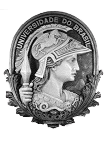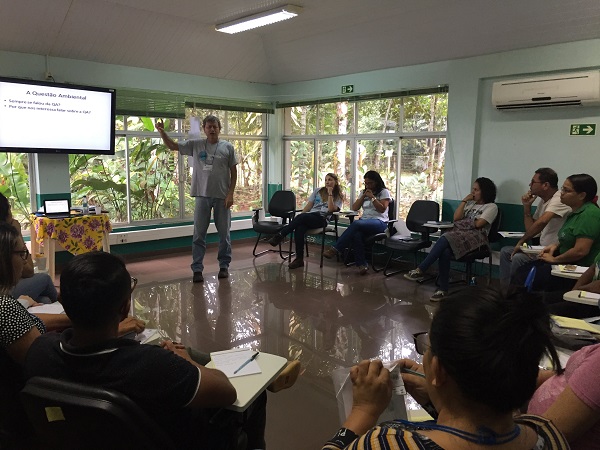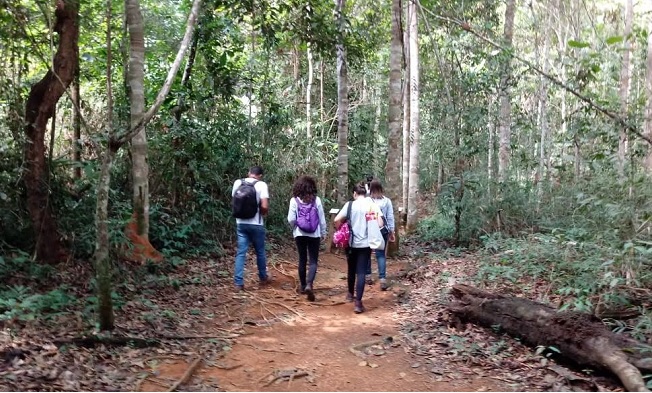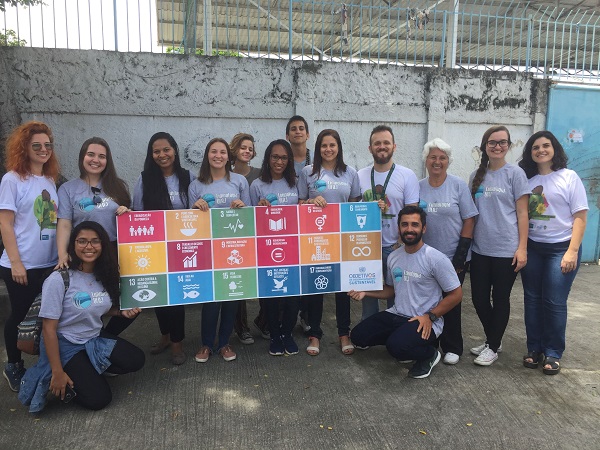Environmental Education
Environmental education and scientific dissemination started off as regular activities of our team in 1997, with a course on teaching ecology for high school teachers. Later, in 2000, these activities began to be undertaken in a more systematic fashion. In the early days, activities were mostly related to doing interpretative trail with children, youngsters and adults at the Restinga de Jurubatiba National Park. These initiatives were more typical of public Engagement with Science actions than of research. Teaching activities were also launched when the classes on “Instrumentation for Ecology Teaching” were started by the Ecology Department directly involving Professors from our team in Rio de Janeiro and Macaé.
Gradually, Environmental Education became a research object in the lab, both engaged and translational. The Graduate Program in Ecology (IB/UFRJ) created a research line on “Environmental Management” that aimed to aggregate the socioenvironmental debate to ecological research. Students trained in the lab now work with environmental education in different sectors of society. Currently, this line of research is also undertaken at the Graduate Programs on Science and Health Education (NUTES/UFRJ) and on Environmental Sciences and Conservation (NUPEM/UFRJ). Our studies cover pre-service and in-service formation of teachers and of environmental educators, the relationships between Science Education and Environmental Education, and issues such as environmental justice, climate justice and environmental education processes in Latin America.
We aim to understand: (i) the insertion of EE and environmental themes in the curricula of science teachers and environmental educators, considering the relationships between discourse and power in social practice; (ii) the existing tension between conservation and use of environments that may result in socioecological injustice, (iii) the approaches of a specific environmental agenda in formal education addressing sustainability.
One central premise of our studies is that the environment is multidimensional. Another one, is that North-South dialogue on socioenvironmental issues can contribute to knowledge production: not as a means for intellectual colonisation, but instead to promote innovation on an alternative agenda for capitalism. We often apply critical discourse analysis as a theoretical-methodological framework, which allows to unveil inequality relationships that are naturalised in social practice. We also examine dialectical relationship between structure and agency which regulate environmental conflicts and formal education.
Post critical theoretical framework, is useful to address the dialogue between different types of knowledge favours the emergence of new knowledge and places science also as listener and learner. Some of our investigations focus on this dialogue in the perspective of the post-development agenda, which perceives the search for sustainability through the lenses of good living as conceived in ethics, aesthetics and politics, including elements such as the affection for natural spaces.
Our studies are developed in partnership with other research teams: LEME (NUTES/UFRJ); LAPEAr (Unirio); Educación y Diversidad (Univalle, CO); GERAES (NUTES/UFRJ), GRESC@ (UAB).
<< Previous Next>>






